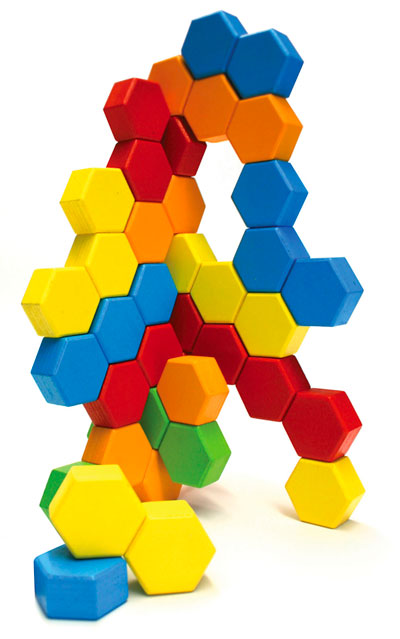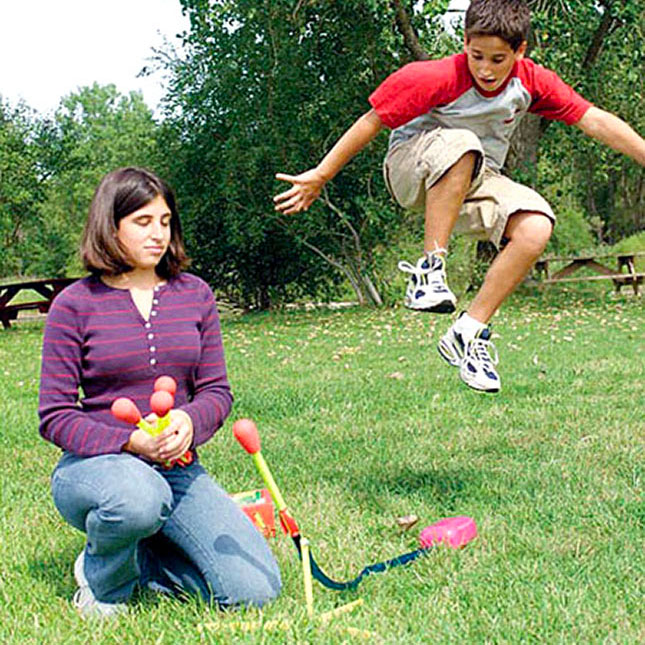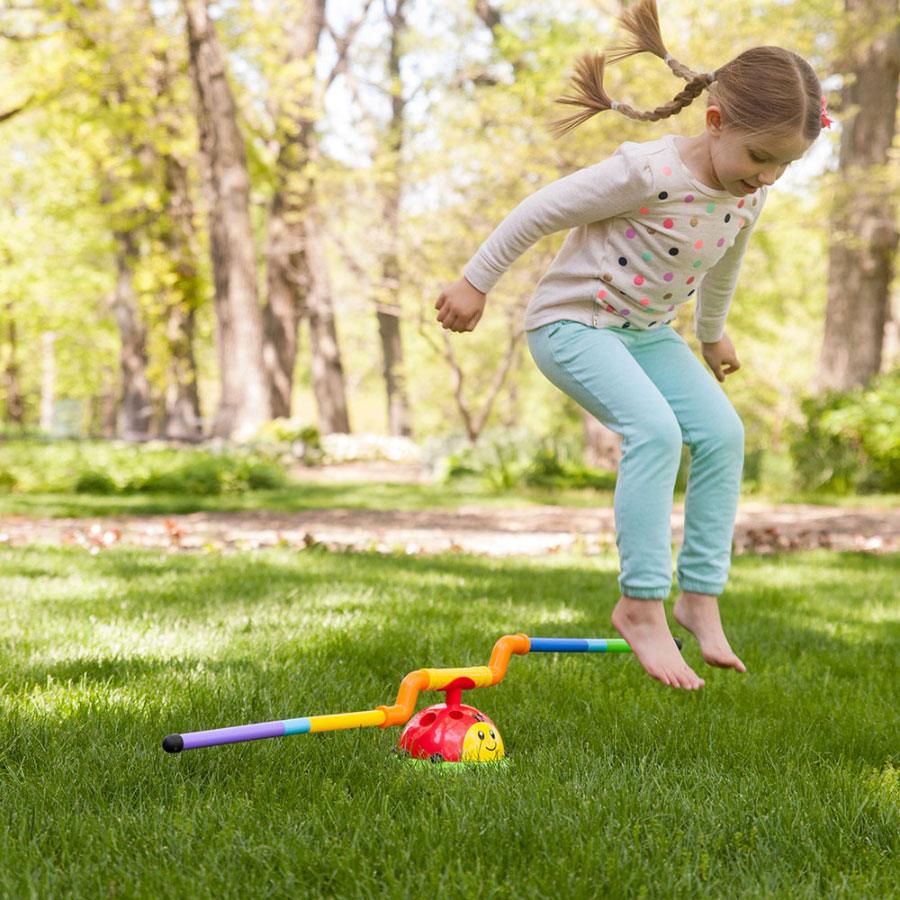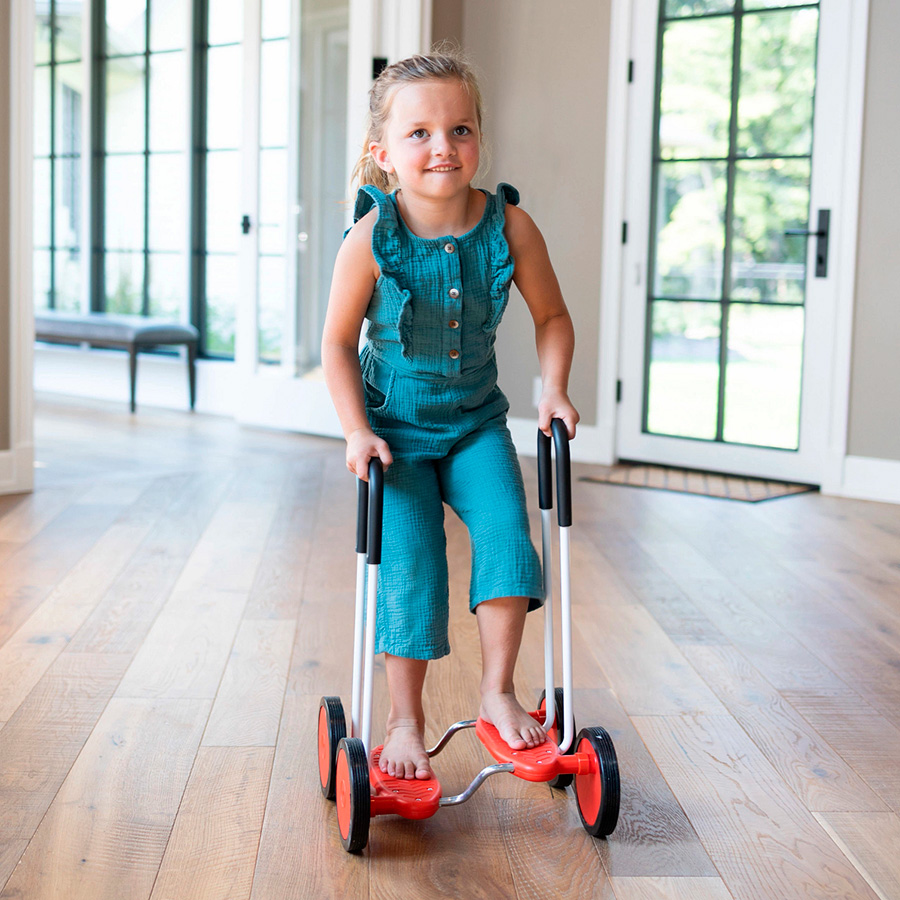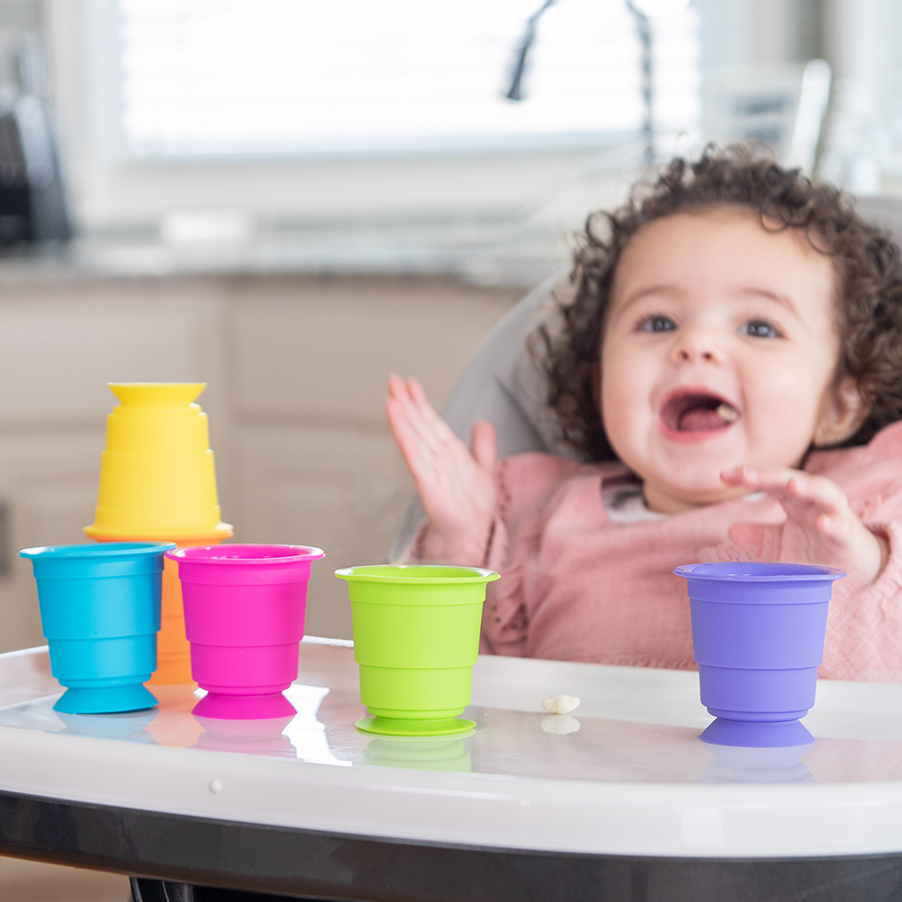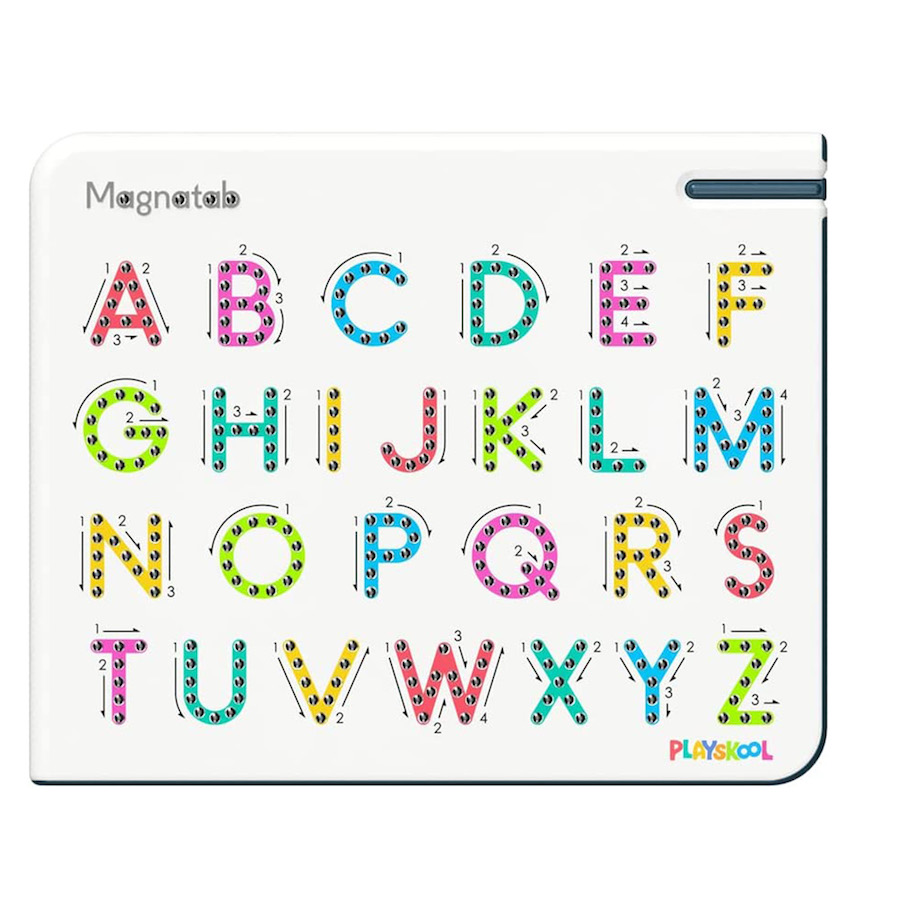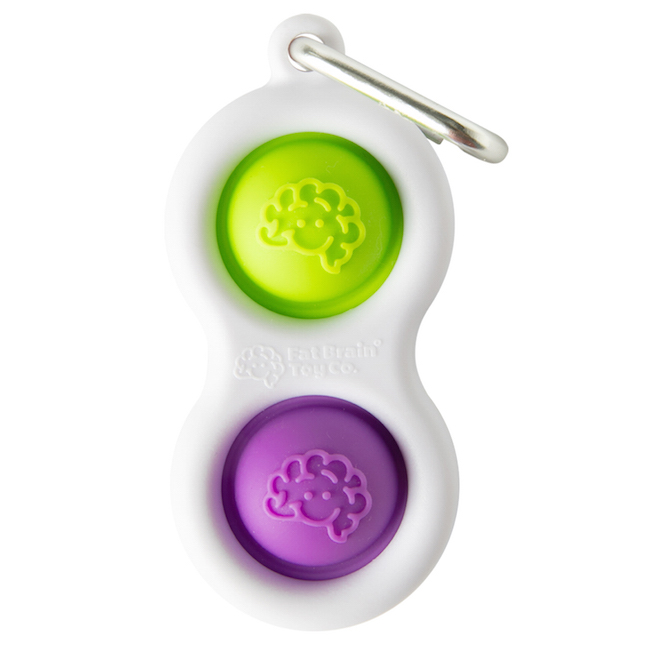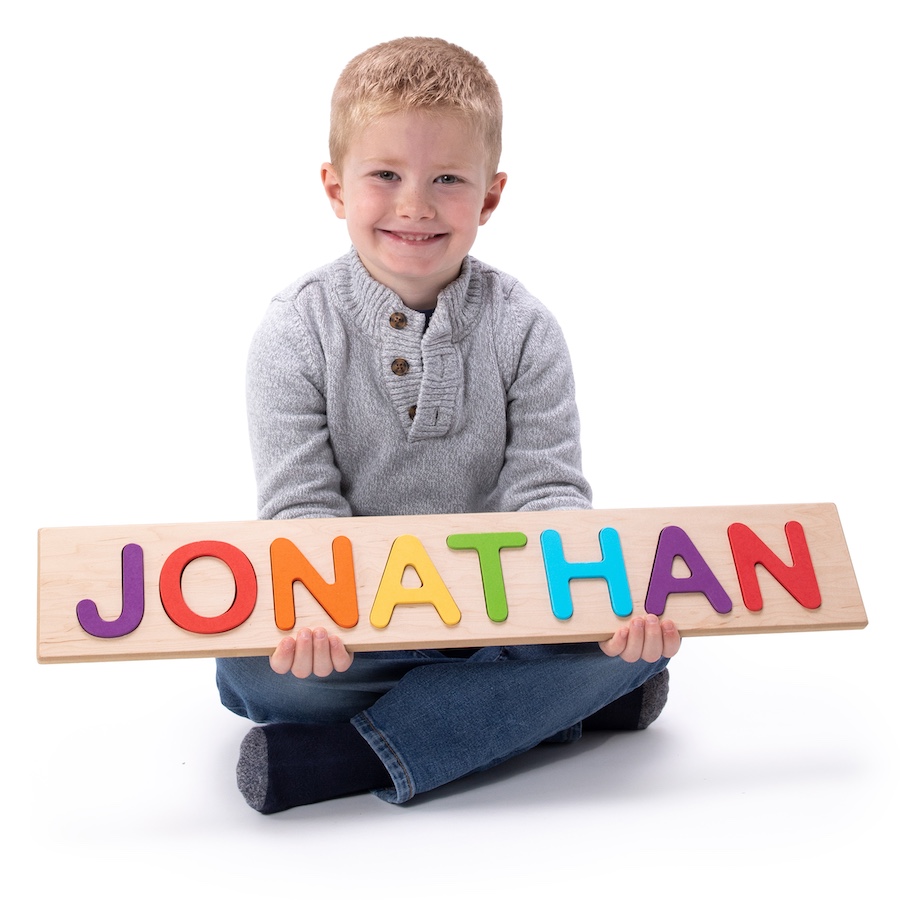Sign In
Forgot Password
Get Exclusive Deals & More!
Special Needs
Resource Center
Curated For You and By You...
At Fat Brain Toys, when it comes to Special Needs toys, our number one goal is to provide you with quality recommendations you can trust. However, we also recognize that we are not Special Needs professionals. That’s why we’ve given the reins to you, our customers. All of our Special Needs collections are based entirely on customer feedback. Meanwhile, each listing is accompanied by detailed reviews written by real parents, teachers, and therapists. That way you can get a much clearer idea of how these toys can actually help children with special needs develop their skills and enjoy pure, authentic play.
Find the Perfect Toy for Specific Special Needs
ADD/ADHD
Alzheimers
Apraxia
Aspergers
Autism
Blindness
Cerebral Palsy
Developmental Delay
Down Syndrome
Fetal Alcohol Syndrome
Hearing Impairment
Hydrocephalus
Learning Disabilities
Multiple Sclerosis
Muscular Dystrophy
Paraplegia
Quadriplegia
Sensory Integration Disorder
Speech & Language Delay
Spina Bifida
Stroke
Traumatic Brain Injury
Vision Impairment
What Do Our Customers Recommend?
Find the Perfect Toy By Developmental Goals
Special Needs or not, every child is unique. And, as such, every child has different developmental goals. Whether you’re hoping to strengthen their tactile skills or hone their thinking skills, these categories are sure to point you to the perfect tool for the job.
Cognition
Plain and simple, cognition means the ability to think. These products were chosen especially for their remarkable potential for helping people with differing abilities think more effectively. Select a few of your favorite thought-building toys and watch interest and abilities grow.
Language
Language development covers a vast range of skills. Non-verbal communication (sign language, gestures, body language), oral motor ability (forming the mouth & tongue to make sounds), speaking (transfer of sound to language), writing (transfer of language to text) and reading (transfer of text to language).
Whew! So many skills to learn - what better way to learn language skills than through unusual toys that create the desire to communicate. These high quality speech toys delight.
Physical Skills
For adults and children alike, developing physical skills through playful interaction is a great way to go. Toys can help children and adults control and facilitate big body movements of large muscle groups, and also - smaller, more precise movements of smaller muscle groups. Surprising therapy play tools like this appeal to everyone. You’ll deem yourself lucky to join in too.
Sensory Activities
Play therapy with meaningful sensory toys naturally encourages exploratory learning. Sensory toys arouse interest, rivet attention, and make it possible to discover different textures, sights, sounds, smells, and tastes.
Sensory toys broaden potential for children and adults to freely engage the senses. Sight, hearing, touch, smell, and taste - there are many fantastic sensory experiences waiting through play with Fat Brain Toys.
Socialization
Toys are phenomenal in their capacity to help us develop as social individuals. Children and adults can practice eye contact with others, understand non-verbal messages, and develop conversational skills. Great toys for socialization can help special children and adults learn to get along with others. They can teach valuable life skills and reward solid efforts. These toys make interactions and relationship building more fun for everyone.
Playtime with a Partner Can Be Powerful
Interaction in playing together offers visible benefits. "One of the main things is to not allow the children to play off in their own little world. Engaging children with purposeful toys in the context of play with a partner provides just the right environment for learning," suggests Erin Kipple, therapist and research coordinator at the University of Autism research center. Although the spectrum of known developmental challenges in children is broad, a number of studies in recent years have shown that interactive experiences actually change the physical structure of the brain. "We now have evidence from neuro-imaging studies (e.g., fMRI, PET, and SPECT scans) that new neuro-pathways are created and connections among neurons are enhanced when the brain is stimulated," explains Dr. Ron Savage, Executive Vice President of the North American Brain Injury Society and expert on neuro-developmental disabilities.
Be A Bridge to New Ideas
Your child is stacking blocks. "What if I put these blocks like this? What does that look like?" If your child doesn't pick up on the fact that you were making a window, you might say, "Hey that looks like a window! This could be a house." Lead the child to the next idea. "Who will live in this house?" While making a zoo with toy animals and blocks, you might make one of the animals escape and say, "Oh no! What will you do?" Keep the scenario moving as your child responds.
"Become" the Toy.
Your daughter is cuddling her doll. You may feel a bit odd at first, but become the doll saying something like, "Oh, thank you for the nice hug. I'm getting hungry now." Playing cars? Set up a rough terrain. Become the car. "Bump, bump, bump!" "Ouch! This is too rough! Hmmm...where can I find a smooth place to drive?" This approach makes interaction easy for your child and playtime with you more fun and creative.
Focus On Concepts of Quantity or Quality
Size, Length, Distance, Color, Strength, Speed, etc. When racing toy cars ask, "Which car is fastest? Which car is slowest?" Decide together if the stuffed dog should jump a long way or a short way. When playing with action figures ask, "Which one is the strongest? Could he push this little ball?" Say, "I wonder which is longest, the red block or the blue one?"
Redirect When The Going Gets Tough
If your child does not respond, ask in a curious tone, "How come you won't answer?" Ask gently and repeatedly if necessary to help the child focus. If your child becomes discontented, don't despair. The potential for developmental growth and building relationships through play experiences with loved ones is exponential. Kim Ward, parent of children with Bipolar/Aspergers with ADD and autism; and an active advocate for children with special needs clarifies, "In the most difficult times and the most challenging situations, hope comes from the look of satisfaction in your child's eyes as she understands A comes before B and next comes C. Growth and learning through parent interaction and play is an education almost as if by accident. To have the opportunity to help open your child's world through something as easy as playing with them is a joy that knows no words."

In Summary, Playtime Goes Beyond Fun.
"All in all," says Ron Savage, "play is the best stimulation for children, especially when children are playing with toys, games, and people devoted to helping them learn." It's proven...loving relationships, meaningful toys, and time engaging in play together are best!
Error:
An error has occured, please try again. If the problem persists contact Customer Service at 1-800-590-5987
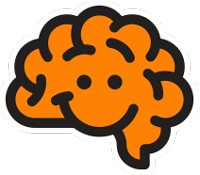
 Giftbot
Giftbot



